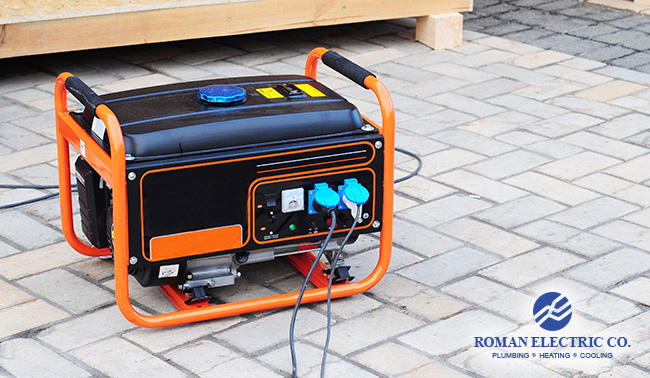
Ensure Reliability: A Guide to Maintaining Your Generator
Generators are valuable assets, providing backup power during outages. To ensure their reliability when needed, regular maintenance is essential. In this comprehensive guide, we’ll walk you through the steps to maintain your generator, safeguarding its performance and prolonging its lifespan.
Understanding the Importance of Generator Maintenance
Generators often sit idle for extended periods, making regular maintenance crucial. Neglecting upkeep can lead to malfunctions or failures when the generator is called into action. By understanding the importance of maintenance, you can ensure that your generator is always ready to provide the power you need.
Performing Regular Inspections
Initiate your maintenance routine with regular visual inspections. Check for any signs of damage, leaks, or loose connections. Inspect the fuel system, oil levels, and the overall condition of the generator. Identifying issues early allows for timely repairs, preventing more significant problems down the line.
Checking and Changing the Oil
Oil is the lifeblood of a generator’s engine. Regularly check the oil level using the dipstick and ensure it falls within the recommended range. Change the oil at the intervals specified in your generator’s manual or more frequently if you operate the generator frequently. Fresh, clean oil promotes smoother operation and prolongs the engine’s life.
Inspecting and Replacing the Air Filter
The air filter plays a crucial role in preventing dirt and debris from entering the engine. A clogged or dirty filter restricts airflow, affecting the generator’s performance. Regularly inspect the air filter and replace it if necessary. This simple step can significantly enhance the efficiency and longevity of your generator.
Testing the Battery
A reliable battery is essential for starting the generator when needed. Test the battery regularly and replace it if it shows signs of weakness or if it’s reaching the end of its lifespan. Clean the battery terminals and cables to ensure a strong connection. A well-maintained battery is crucial for the generator’s overall reliability.
Inspecting the Fuel System
The fuel system is another critical component of generator maintenance. Check for fuel leaks, inspect the fuel lines, and ensure that the fuel filter is clean. Stale fuel can lead to starting issues, so if the generator has been sitting idle, consider draining the old fuel and replacing it with fresh, high-quality fuel.
Running Regular Load Tests
To verify the generator’s readiness, perform regular load tests. This involves running the generator at full or partial load to ensure it can handle the required output. Load testing not only identifies potential issues but also prevents the generator from developing problems due to inactivity.
Maintaining the Cooling System
Generators generate heat during operation, and an efficient cooling system is essential. Regularly inspect the radiator and cooling fins for dirt and debris. Clean the cooling system as needed to prevent overheating, ensuring optimal performance during prolonged use.
Checking and Tightening Electrical Connections
Loose or corroded electrical connections can lead to various issues, including poor performance and potential damage to the generator’s components. Periodically check and tighten all electrical connections, including wires, terminals, and connections to the electrical panel. This simple task contributes to the overall safety and reliability of the generator.
Storing and Operating the Generator Properly
If your generator is not in use for an extended period, follow proper storage procedures. Store it in a cool, dry place, and if possible, run the generator periodically to prevent stale fuel and lubricate moving parts. When operating the generator, ensure it is on a stable, level surface and positioned in a well-ventilated area to prevent carbon monoxide buildup.
Explore More Home Maintenance Tips and Resources
For additional home maintenance insights and funding options, visit fundyourpurpose.org. Whether you’re maintaining a generator or exploring other DIY projects, this platform offers valuable resources to help you enhance the reliability and efficiency of your home.
Conclusion: Reliability Through Regular Maintenance
By incorporating these maintenance practices into your routine, you can ensure the reliability of your generator when you need it most. Regular inspections, oil changes, and attention to critical components contribute to a well-maintained generator that provides peace of mind during power outages. Invest in the longevity of your generator and enjoy a reliable source of backup power.










